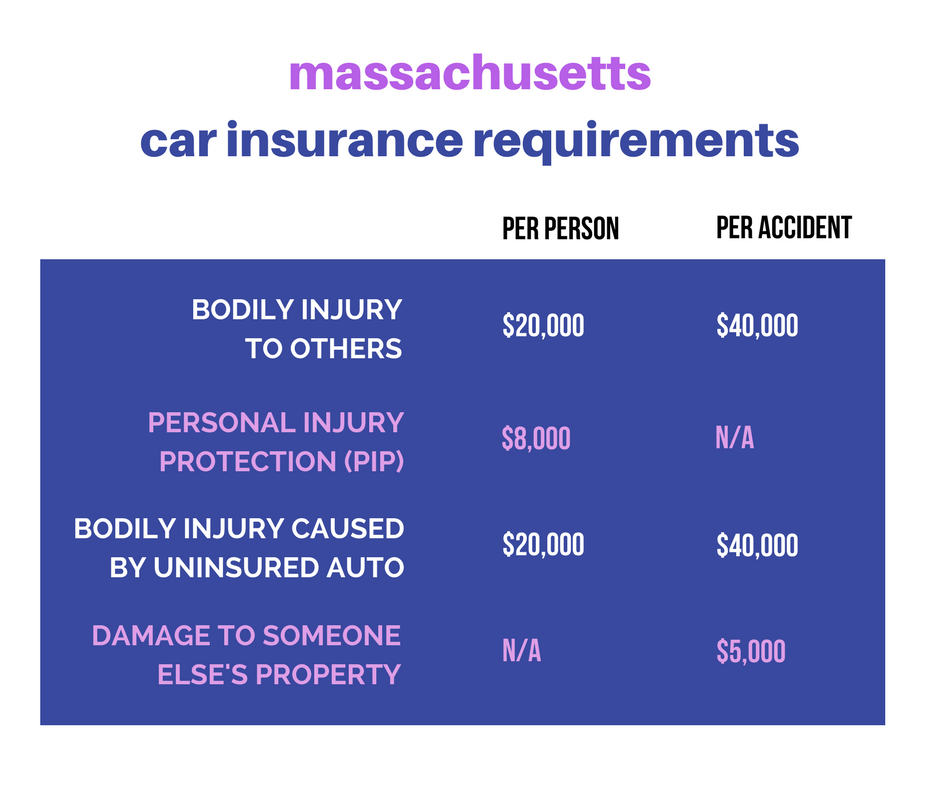Entire life and universal life insurance are both thought about long-term policies. That implies they're created to last your whole life and will not end after a specific amount of time as long as required premiums are paid. They both have the potential to accumulate cash value with time that you might have the ability to obtain against tax-free, for any factor. Due to the fact that of this function, premiums may be greater than term insurance. Whole life insurance policies have a fixed premium, meaning you pay the same amount each and every year for your coverage. Similar to universal life insurance, entire life has the potential to build up cash worth in time, creating an amount that you might be able to obtain against.
Depending upon your policy's prospective cash worth, it might be utilized to avoid a superior payment, or be left alone with the possible to collect value with time. Prospective development in a universal life policy will differ based upon the specifics of your specific policy, along with other aspects. When you buy a policy, the providing insurance provider establishes a minimum interest crediting rate as described in your contract. Nevertheless, if the insurance company's portfolio earns more than the minimum rates of interest, the company might credit the excess interest to your policy. This is why universal life policies have the potential to earn more than an entire life policy some years, while in others they can earn less.
Here's how: Considering that there is a cash value element, you might be able to avoid premium payments as long as the money worth suffices to cover your needed expenses for that month Some policies might permit you to increase or decrease the survivor benefit to match your specific circumstances ** In numerous cases you may borrow versus the money value that may have collected in the policy The interest that you might have earned in time collects tax-deferred Entire life policies offer you a repaired level premium that will not increase, the possible to build up money value in time, and a repaired death benefit for the life of the policy.
As an outcome, universal life insurance coverage premiums are normally lower throughout durations of high interest rates than whole life insurance coverage premiums, frequently for the very same amount of protection. Another key difference would be how the interest is paid. While the interest paid on universal life insurance is typically changed monthly, interest on a whole life insurance coverage policy is usually changed each year. This might imply that during durations of rising interest rates, universal life insurance coverage policy holders might see their cash worths increase at a rapid rate compared to those in entire life insurance policies. Some people might prefer the set survivor benefit, level premiums, and the potential for development of a whole life policy.


Although entire and universal life policies have their own special functions and benefits, they both focus on offering your loved ones with the cash they'll require when you pass away. By dealing with a qualified life insurance coverage agent or business representative, you'll be able to select the policy that finest fulfills your private requirements, spending plan, and financial goals. You can likewise get afree online term life quote now. * Supplied required premium payments are timely made. ** Boosts may go through extra underwriting. WEB.1468 (What is collision insurance). 05.15.
The Only Guide to What Is The Cheapest Car Insurance
You don't have to guess if you need to enroll in a universal life policy since here you can find out all about universal life insurance benefits and drawbacks. It resembles getting a sneak peek prior to you buy so you can decide if it's the best kind of life insurance for you. Keep reading to find out the ups and downs of how universal life premium payments, cash value, and death benefit works. Universal life is an adjustable kind of long-term life insurance that allows you to make modifications to 2 primary parts of the policy: the premium and the death benefit, which in turn impacts the policy's cash worth.
Below are some of the total benefits and drawbacks of universal life insurance. Pros Cons Developed to offer more versatility than entire life Doesn't have actually the ensured level premium that's readily available with whole life Cash value grows at a variable rate of interest, which could yield greater returns Variable rates also mean that the interest on the cash worth could be low More chance to increase the policy's money value A policy typically requires to have a positive cash value to remain active One of the most attractive functions of universal life insurance is the capability to pick when and how much premium you pay, as long as payments meet the minimum amount required to keep the policy active and the Internal Revenue Service life insurance standards on the optimum amount of excess premium payments you can make (How much car insurance do i need).
However with this flexibility likewise comes some disadvantages. Let's review universal life insurance benefits and drawbacks when it concerns altering how you pay premiums. Unlike other kinds of long-term life policies, universal life can get used to fit your financial requirements when your cash flow is up or when your spending plan is tight. You can: Pay greater premiums more often than needed Pay less premiums less typically or perhaps skip payments Pay premiums out-of-pocket or use the cash worth to pay premiums Paying the minimum premium, less than the target premium, or avoiding payments will adversely affect the policy's money value.